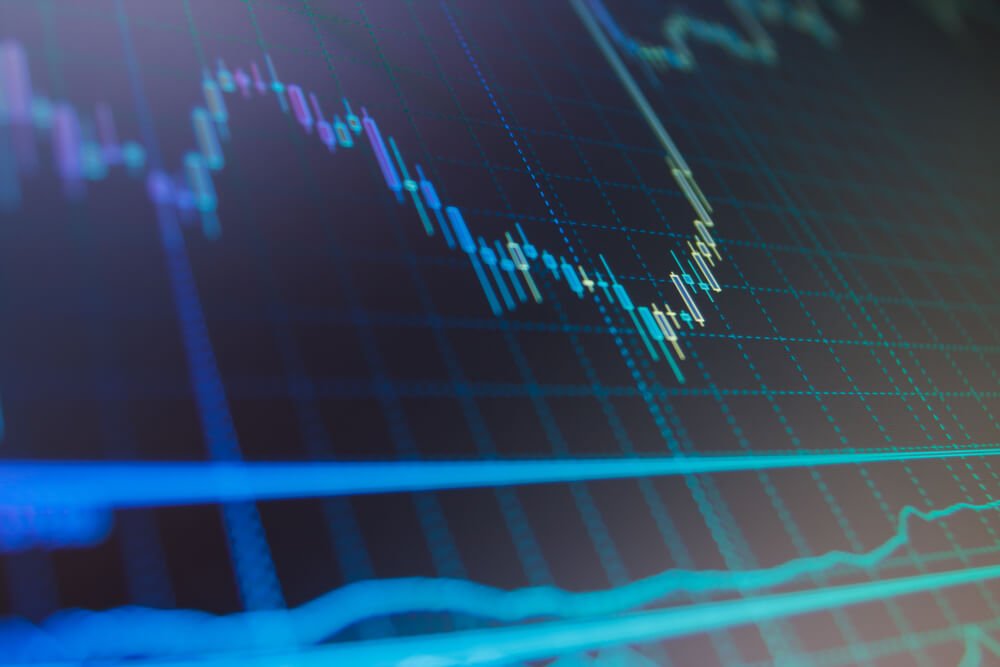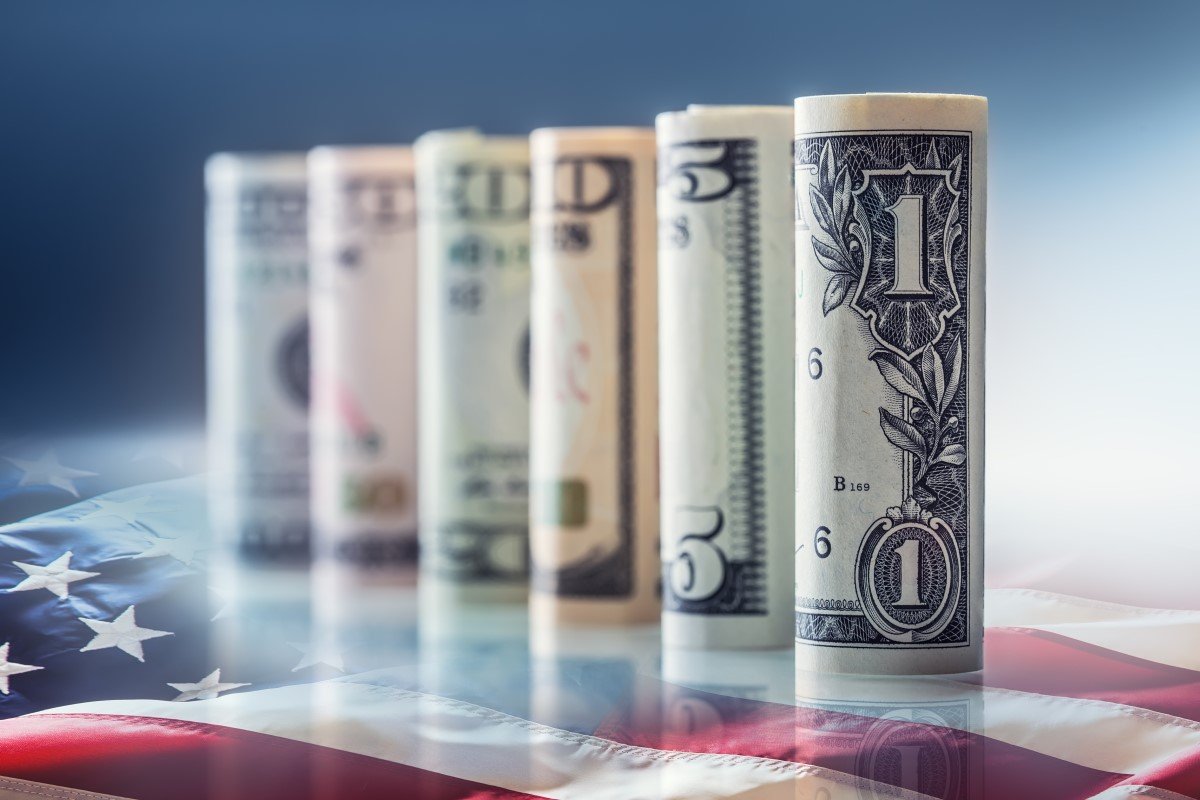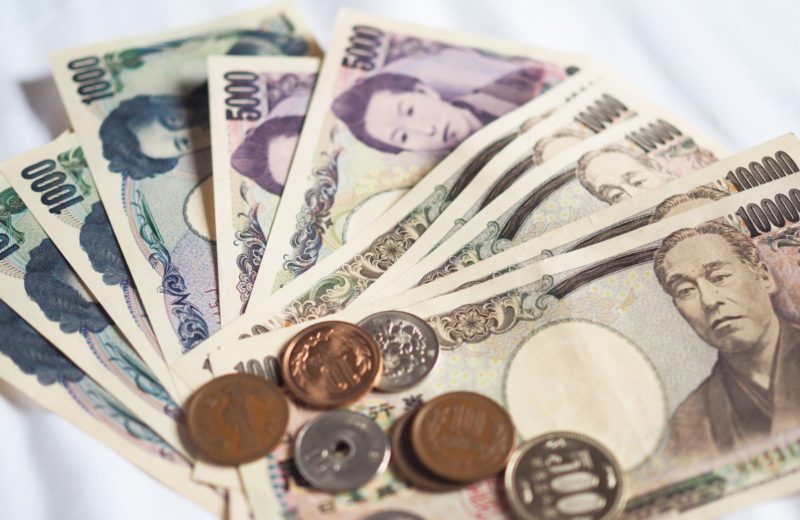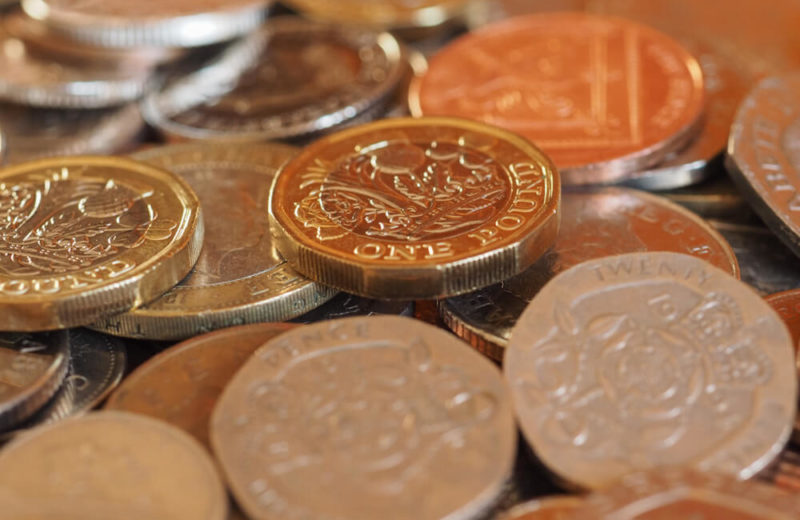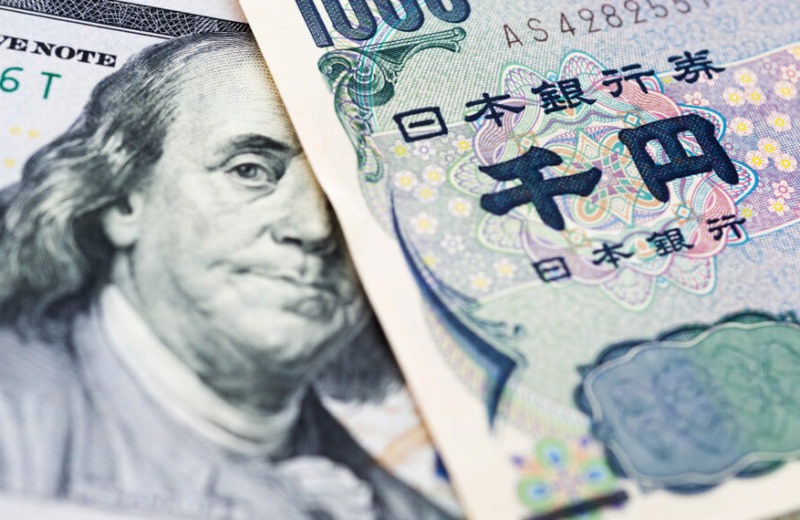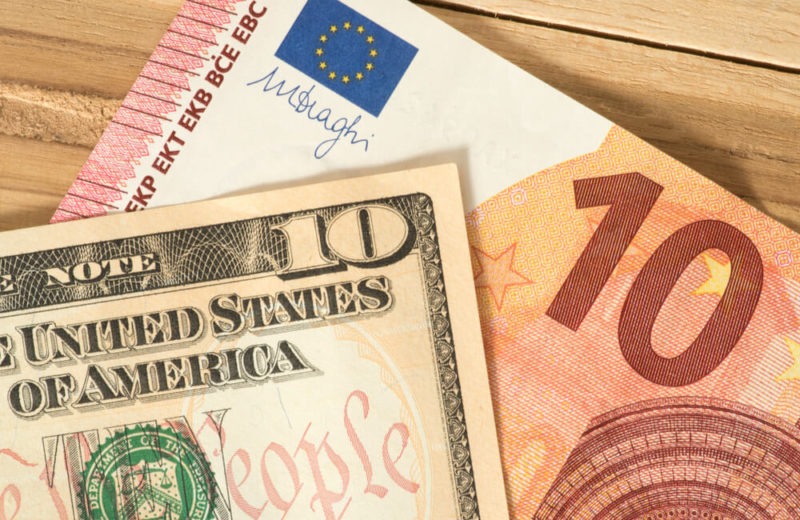Since March 25th, the yuan had its worst day. The sterling returned its gains. Nonetheless, the Euro is relatively stable.
Marshal Gittler is a forex analyst at broker BDSwiss. He said that for the month, the late-day fall in the S&P 500 diminished the gains of the market. Moreover, since January 1987, it turned April into the best month. The euro stabilized against the United States dollar. The euro rallied against the dollar to a two-week high on the month-end flows, the day before.
Meanwhile, in the offshore market, the yuan of China fell by 0.7% to 7.1350 against the United States dollar, reaching its lowest since April 2nd. Thus, since March 25th, the yuan fell to its lowest. Derek Haplenny is head of research at MUFG. He said that given the scale of the impact of COVID-19, there is an exceedingly high risk of geopolitical tensions escalating considerably because of the lockdowns reversing.
The Euro and Other Currencies
The euro continues to be stabilized. It is on a neutral level against the United States dollar.
Hapenny added that it clearly would be another hit to global trade, which would add a layer of support to the dollar going forward. The Australian dollar is one of the metrics of market distress. Thus, since Tuesday, it fell by more than 1% to 0.6438 its weakest. Moreover, the Canadian dollar also fell by 0.5% to 1.4016 against the greenback. Analysts attributed the moves in the United States to poor equity performance.
Meanwhile, on Thursday, the United States President Donald Trump said that the virus might have originated in Wuhan in a virology lab. Wuhan is a Chinese city where the outbreak began. Nonetheless, the Institute of Virology, which is Chinese state-backed, in Wuhan dismissed the allegations. Moreover, other United States officials have downplayed the likelihood of the theory.
Thus, Trump accused China of mishandling the outbreak of the novel coronavirus. Moreover, he threatened Beijing with news tariffs.
Let us see what happens.


